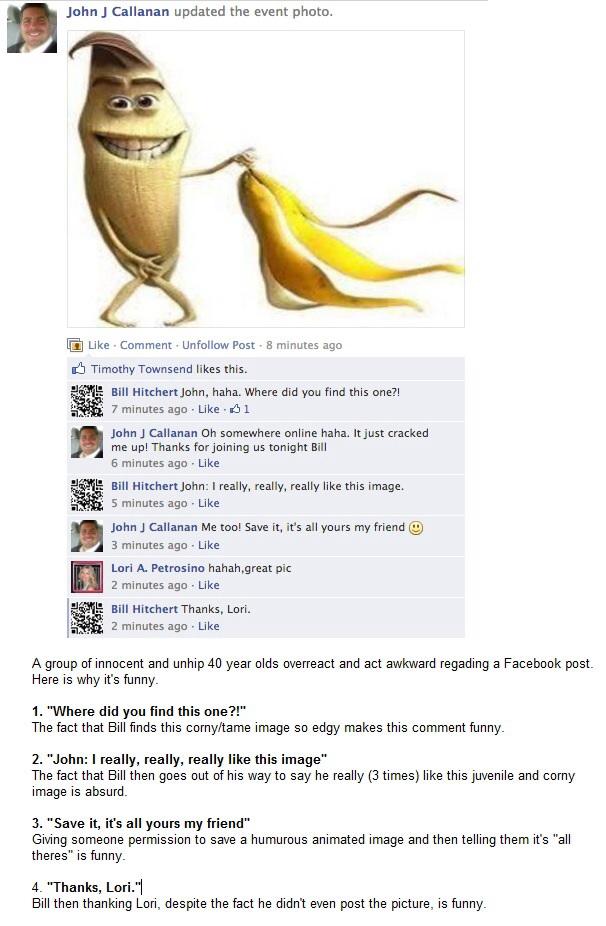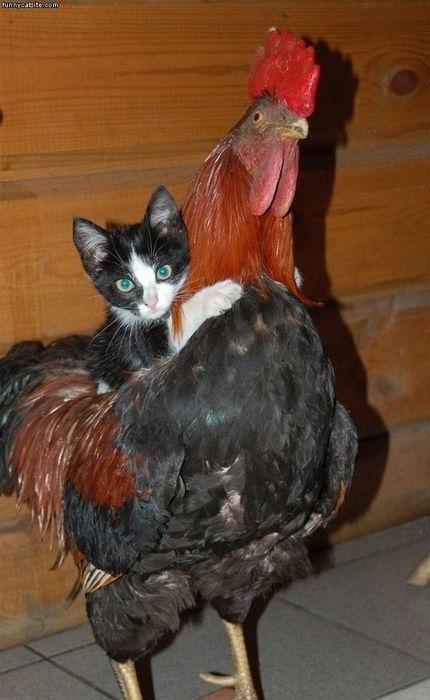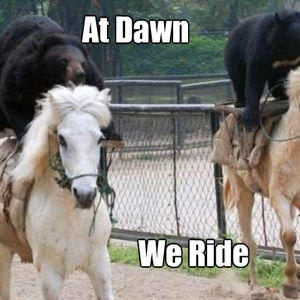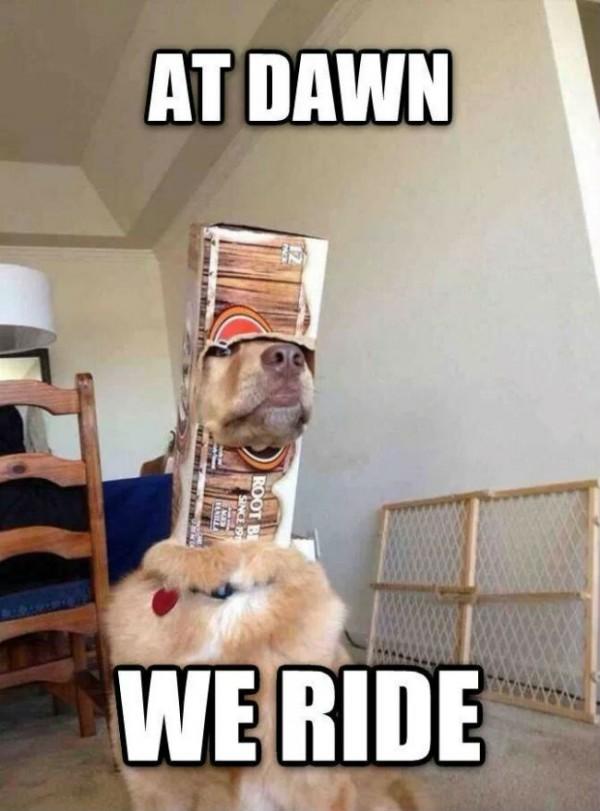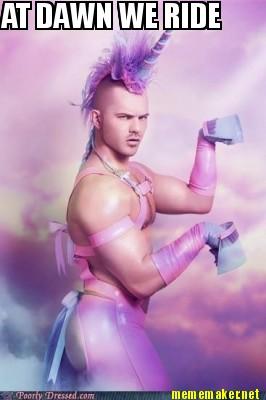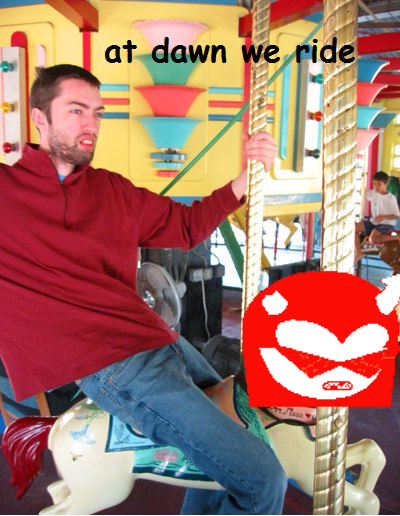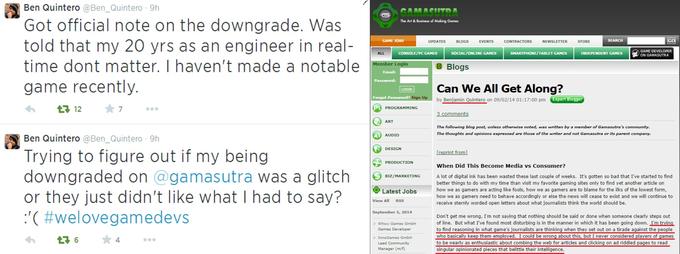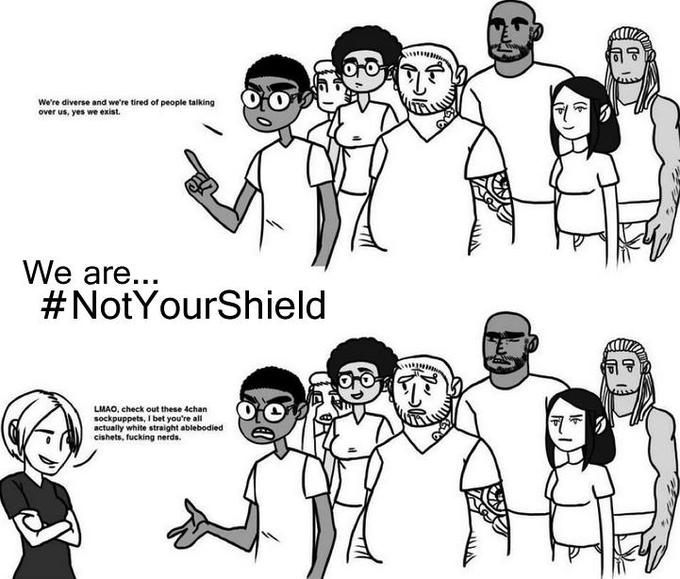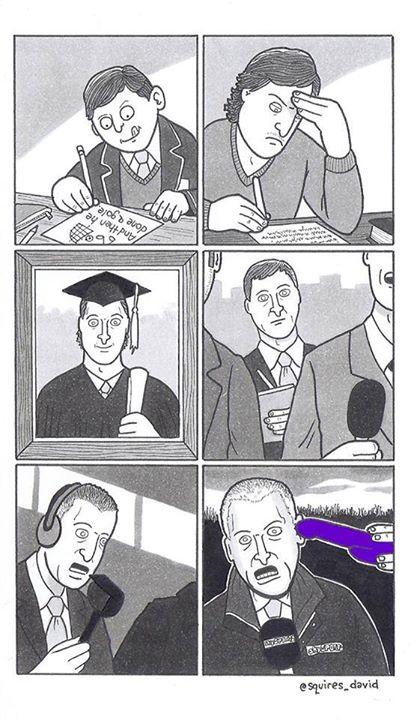Overview
GamerGate refers to the online backlash toward gaming journalism that occurred as a result of the Quinnspiracy online controversy surrounding indie game developer Zoe Quinn’s alleged affairs with a number of men working in the video game industry, including Kotaku jouranlist Nathan Grayson.
Background
After game developer Zoe Quinn’s ex-boyfriend published an expose detailing his relationship with Quinn online on August 16th, 2014, claiming she cheated on him with gaming journalist Nathan Grayson, many Internet users reacted by citing the alleged affair as an example of corruption in video game journalism. YouTuber MundaneMatt subsequently uploaded a video critique Quinn’s game Depression Quest and commentary about the alleged affairs with men working in the video game industry. The video was subsequently removed due to a copyright claim by Quinn for using a still image from Depression Quest. On August 18th, YouTuber Internet Aristocrat uploaded the first in a series of videos titled Quinnspiracy Theory, in which he discusses the issue of cronyism in gaming media and the indie game development community.
As concern over the integrity of gaming journalists increased, it was discovered that several were actively contributing money to Quinn’s Patreon account, including Polygon journalist Ben Kuchera who had been donating to her for weeks prior to writing an article about her game. Kotaku writer Patricia Hernandez subsequently came under scruntiny as well when gamers began investigating her relationships with other video game developers. Similarly, many criticized sound designer Robin Arnott for having an alleged affair with Quinn while appearing as a judge in the Indiecade game competition, which gave an award to Depression Quest. On August 26th, Kotaku editor Stephen Totilo posted a statement regarding the gaming news site’s code of ethics, announcing that Kotaku journalists would not be allowed to contribute to the Patreon accounts of game developers. The same day, Polygon followed up with a similar statement announcing that all writers must disclose any contributions they have made to developer’s Patreon accounts. Readers later released a statement condemning Polygon’s new ethics policy for still being unsatisfactory and ‘unprofessional’. Some criticized the new policies for being unfair, while others suggested the policy change was the result of sexism and misogyny.
![]()
![]()
On August 27th, actor Adam Baldwin posted a tweet linking to Internet Aristocrat videos along with the hashtag *#GamerGate." In the first week, the hashtag was tweeted over 244,000 times according to the Twitter analytics site Topsy.
![]()
Notable Developments
Anti-“Gamer” Backlash
On August 28th, several news sites published article calling for using the term “gamer” as a cultural identity, including The Financial Post, Ars Technica, The Daily Beast, The Stranger, Beta Beat, Gamasutra, Polygon and Kotaku.
![]()
On September 1st, several of the journalists and independent developers involved in this ‘anti-gamer’ movement published and signed an open letter to the gaming community asking gamers to end the harassment towards critics and developers. The following day, software engineer Benjamin Quintero published an article on Gamasutra questioning the strategy of gaming sites deliberately alienating their core readers by denouncing their culture. Shortly after, Quintero tweeted that he had been downgraded by Gamasutra. On August 30th, the Gamer Gate Harassment Tumblr blog was launched, which chronicled harassment of gamers by those associated with the online social justice community.
![]()
On September 3rd, YouTuber Boogie2988 uploaded a video responding to accusations of bigotry toward those who support GamerGate (shown below). In the first 24 hours, the video gained over 111,000 views and 7,000 comments.
#NotYourShield
In response to accusations that GamerGate participants were all misogynistic, white men, women and minorities supporting GamerGate launched the hashtag #NotYourShield claiming they were being ignored in their criticisms of gaming industry corruption.
![]()
On September 4th, YouTuber MundaneMatt uploaded a video about #NotYourShield.
The same day, Quinn posted a tweet accusing #NotYourShield of bring a “jamming hashtag” to “spread disinformation,” along with a screenshot from a 4chan post about the hashtag (shown below).
![]()
Search Interest
External References

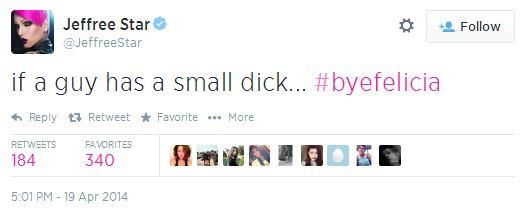
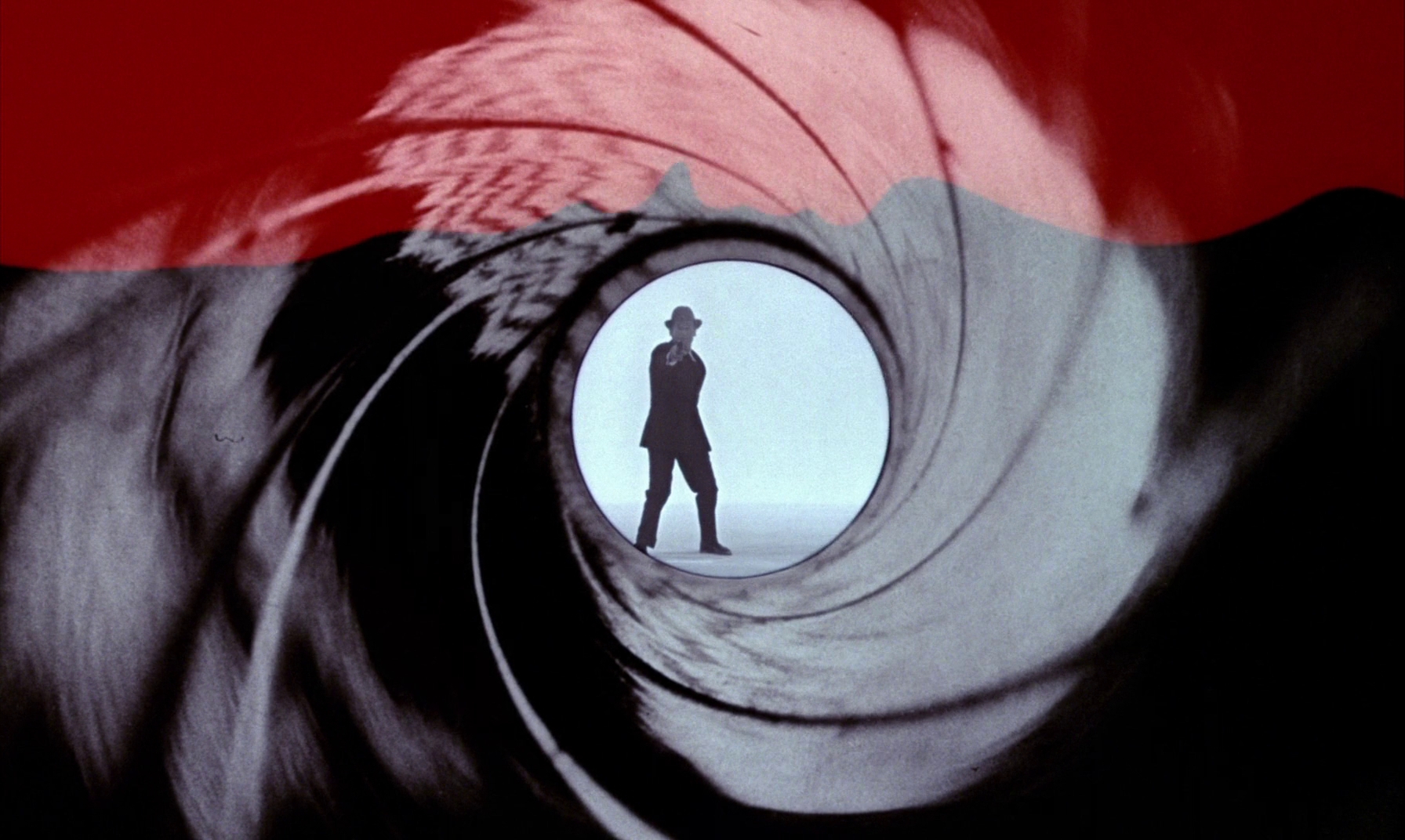



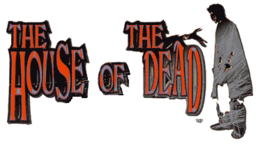
 ”
”




